The overuse of pesticides in agriculture has become a major challenge to public health and the environment. To address this issue, especially in the context of modern agriculture, the application of the natural enemy breeding model is considered a sustainable solution, not only helping to effectively control pests but also improving the quality of agricultural products.
Breeding and exporting natural enemies
Many countries in the world have applied the model of raising natural enemies and achieved significant success. For example, Israel, with advanced agricultural technology, exports natural enemies such as ladybugs, parasitic wasps, and spiders with an output of about 1,000 tons/year, bringing in an export value of about 10 million USD, mainly serving demanding markets such as the US and Europe. Thailand is also one of the countries that produces natural enemies of about 3,000 tons per year, with an export value of up to 15 million USD, mainly from ladybugs; Beauveria bassiana fungus has the ability to eradicate pests and insects that are harmful to crops. This fungus parasitizes on larvae and beetles as a food source...
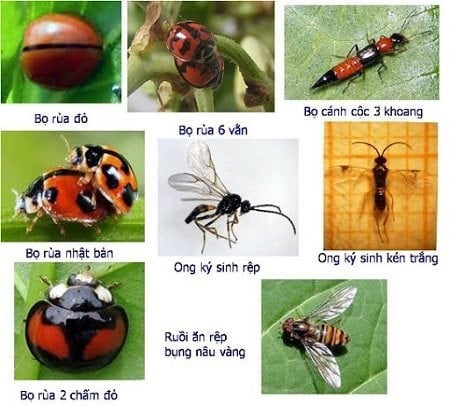
Recently, the official media also posted information: In Lam Dong , there is a company that successfully exported canned natural enemy products including predatory spiders, predatory bugs (catching harmful organisms such as thrips, flies, worms...) to Malaysia and some other markets.
Compared to the method of spraying chemicals, raising natural enemies brings more sustainable benefits. Natural enemies help reduce environmental pollution and protect consumer health. While pesticides cause harm to the ecosystem and human health. Besides, natural enemies maintain the natural ecological balance. Agricultural products produced by using natural enemies are often safer and of higher quality, creating a competitive advantage in the market. Moreover, raising natural enemies helps reduce production costs for farmers, because natural enemies can reproduce and develop in nature. This is proven by research and practice.
Can be raised in Binh Thuan?
Binh Thuan has many areas specializing in rice, dragon fruit, vegetables... and many other crops. However, these crops are also facing pests such as black-headed coconut worms, armyworms, aphids, leafhoppers, fruit flies... To solve this problem sustainably, creating clean and safe products that compete in the market, farmers in Binh Thuan can apply the cultivation and release of natural enemies suitable for each crop. Some beneficial fungi and insects (natural enemies) are ladybugs, Beauveria bassiana fungi that can control brown planthoppers, leaf rollers; parasitic wasps help control caterpillars and aphids; Trichoderma fungi help control mealybugs and fruit borers; spiders, dragonflies hunt insects... These creatures play an important role in protecting crops from pests without using toxic chemicals.
It is thought that at this time, farmers in Binh Thuan can apply the model of raising natural enemies, aiming for a safe, sustainable and environmentally friendly agriculture, an opportunity for additional income. To exploit this potential, farmers in the province need to be trained in techniques of raising and managing natural enemies, to be able to respond to problems such as plant diseases. With support from the authorities, farmers can access reputable sources of natural enemies to raise and find markets for consumption. The transition from spraying pesticides to raising natural enemies not only brings economic benefits but also contributes to protecting the environment and public health.
References:
• FAO. (2022). Global Status of Biological Control.
• ASEAN Agricultural Cooperative. (2023). Agricultural Development Report.
• Israeli Ministry of Agriculture. (2023). Export Statistics and Reports.
Source: https://baobinhthuan.com.vn/nuoi-thien-dich-huong-den-nong-nghiep-an-toan-ben-vung-124369.html





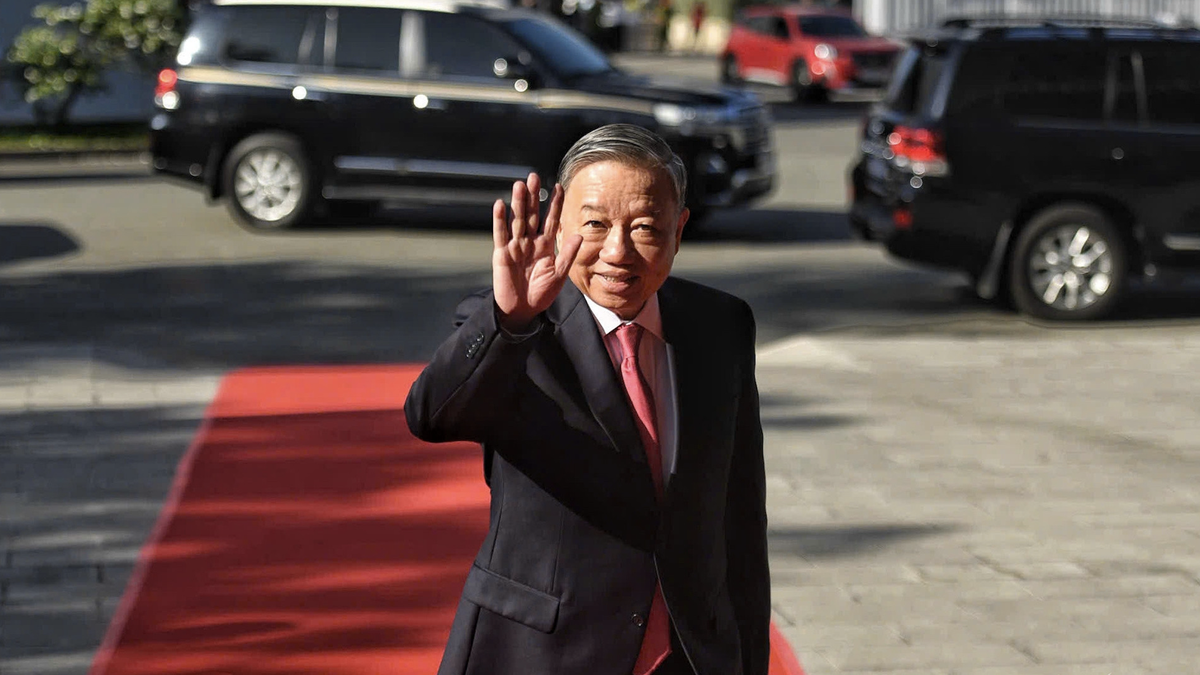





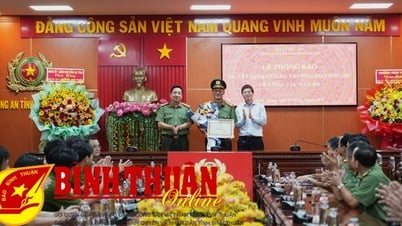
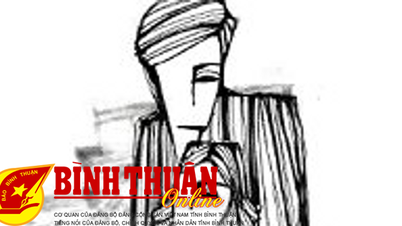
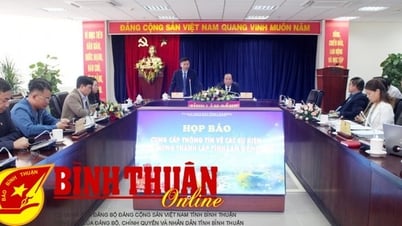







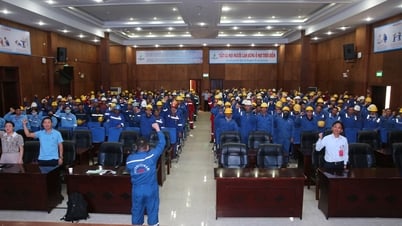

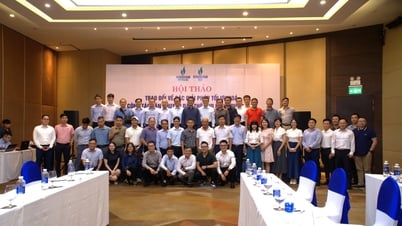
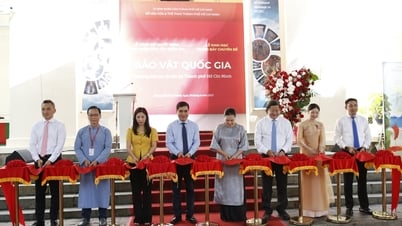









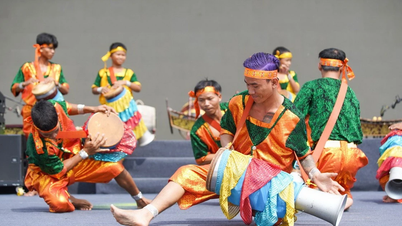




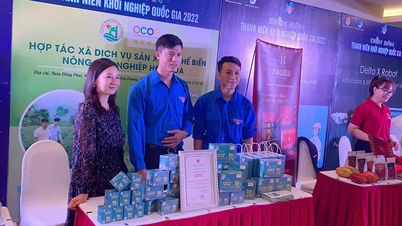







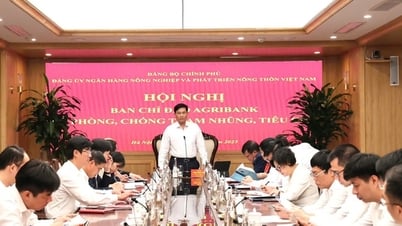









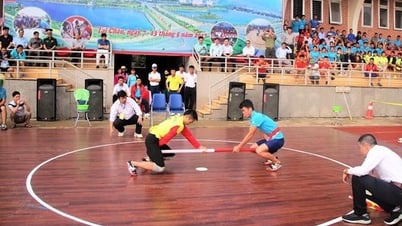


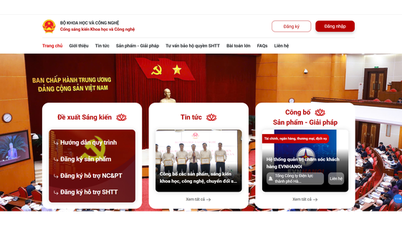

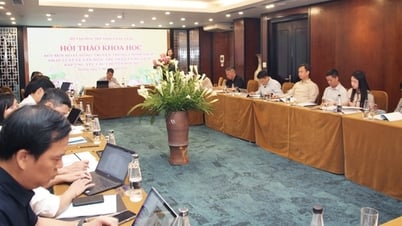


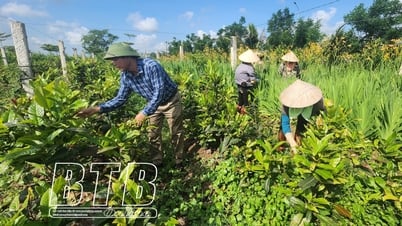

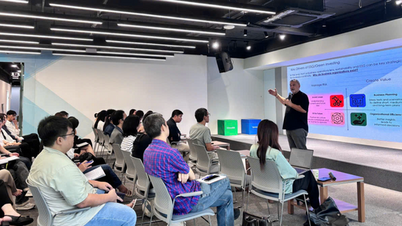





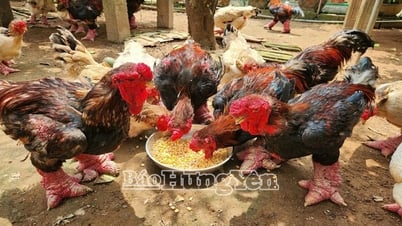

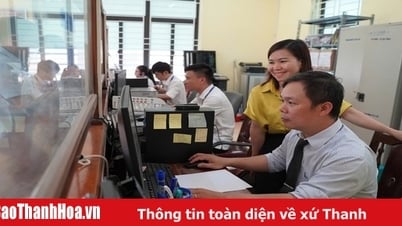










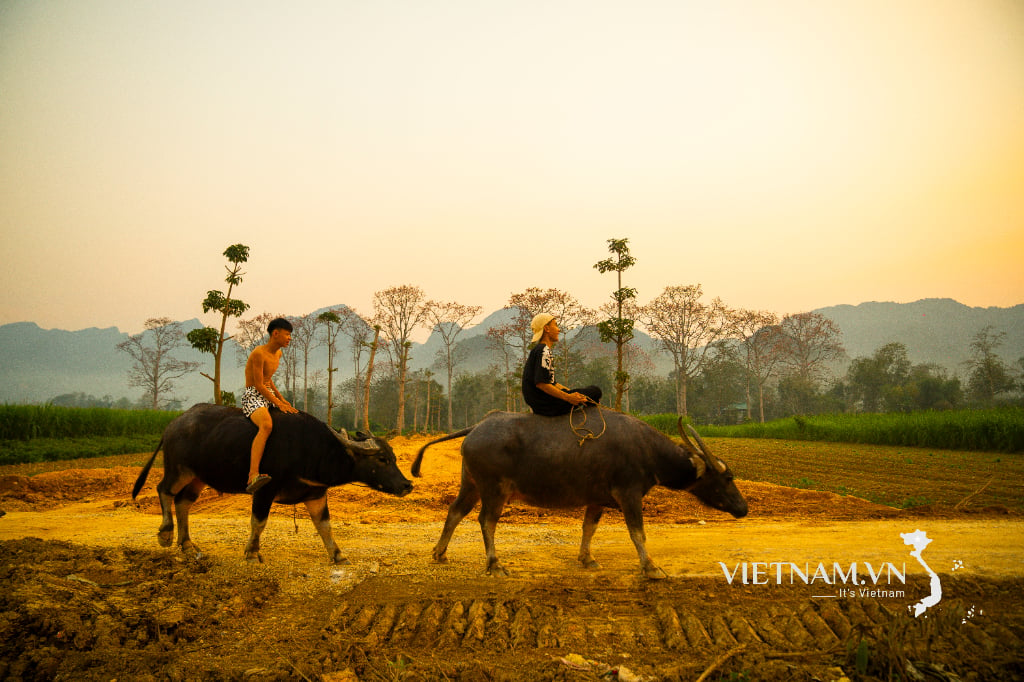
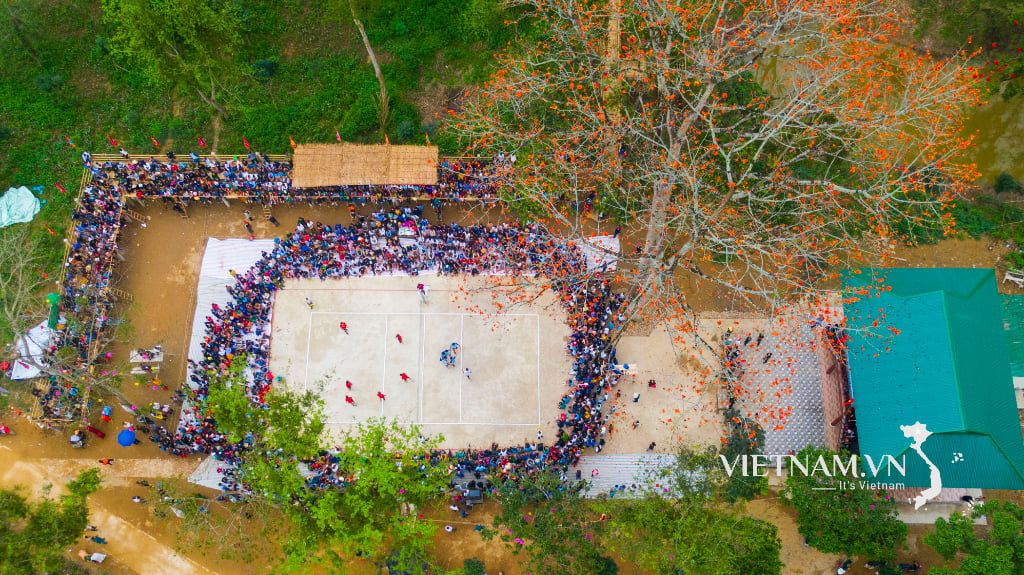


Comment (0)